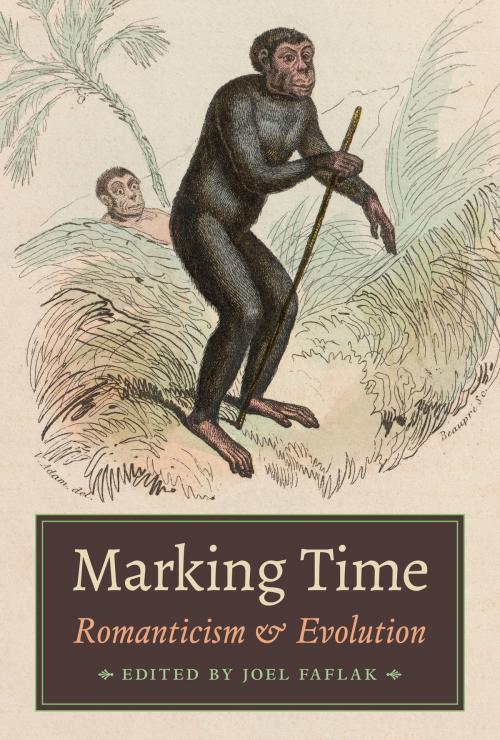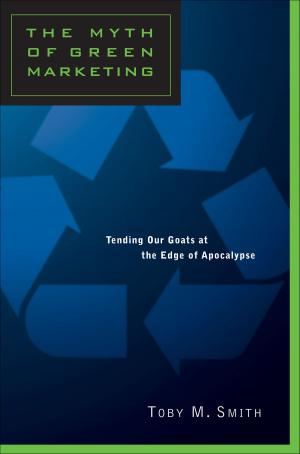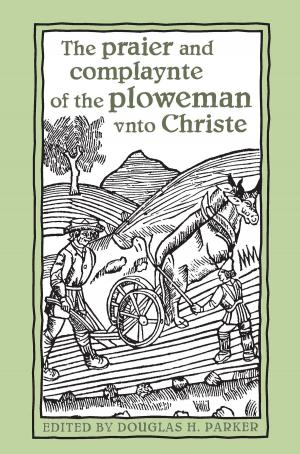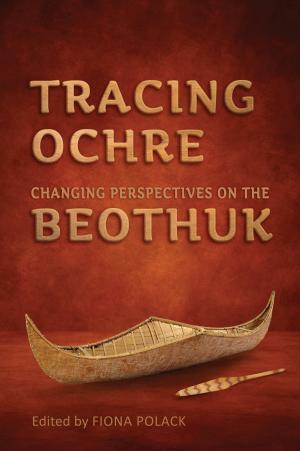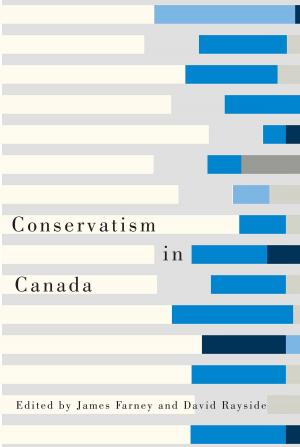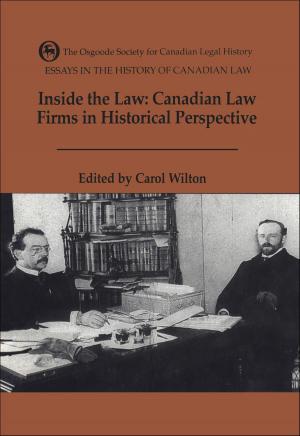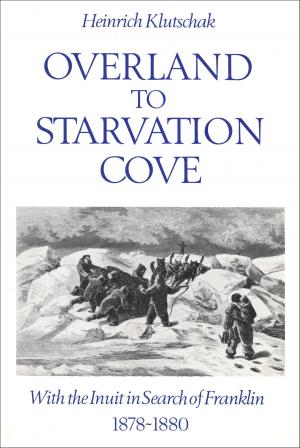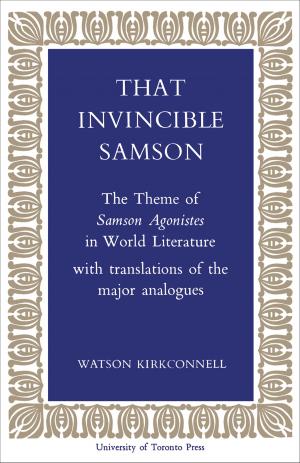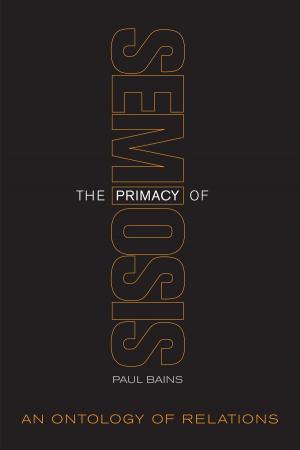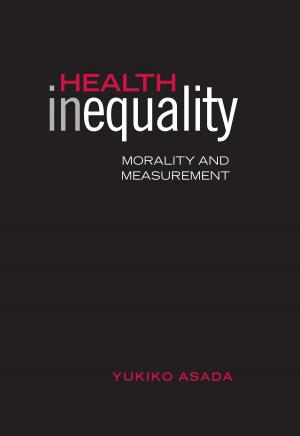Marking Time
Romanticism and Evolution
Nonfiction, Science & Nature, Science, Other Sciences, History, Fiction & Literature, Literary Theory & Criticism| Author: | ISBN: | 9781442699601 | |
| Publisher: | University of Toronto Press, Scholarly Publishing Division | Publication: | November 29, 2017 |
| Imprint: | Language: | English |
| Author: | |
| ISBN: | 9781442699601 |
| Publisher: | University of Toronto Press, Scholarly Publishing Division |
| Publication: | November 29, 2017 |
| Imprint: | |
| Language: | English |
Scholars have long studied the impact of Charles Darwin’s writings on nineteenth-century culture. However, few have ventured to examine the precursors to the ideas of Darwin and others in the Romantic period.
Marking Time, edited by Joel Faflak, analyses prevailing notions of evolution by tracing its origins to the literary, scientific, and philosophical discourses of the long nineteenth century. The volume’s contributors revisit key developments in the history of evolution prior to The Origin of Species and explore British and European Romanticism’s negotiation between the classic idea of a great immutable chain of being and modern notions of historical change. Marking Time reveals how Romantic and post-Romantic configurations of historical, socio-cultural, scientific, and philosophical transformation continue to exert a profound influence on critical and cultural thought.
Scholars have long studied the impact of Charles Darwin’s writings on nineteenth-century culture. However, few have ventured to examine the precursors to the ideas of Darwin and others in the Romantic period.
Marking Time, edited by Joel Faflak, analyses prevailing notions of evolution by tracing its origins to the literary, scientific, and philosophical discourses of the long nineteenth century. The volume’s contributors revisit key developments in the history of evolution prior to The Origin of Species and explore British and European Romanticism’s negotiation between the classic idea of a great immutable chain of being and modern notions of historical change. Marking Time reveals how Romantic and post-Romantic configurations of historical, socio-cultural, scientific, and philosophical transformation continue to exert a profound influence on critical and cultural thought.
